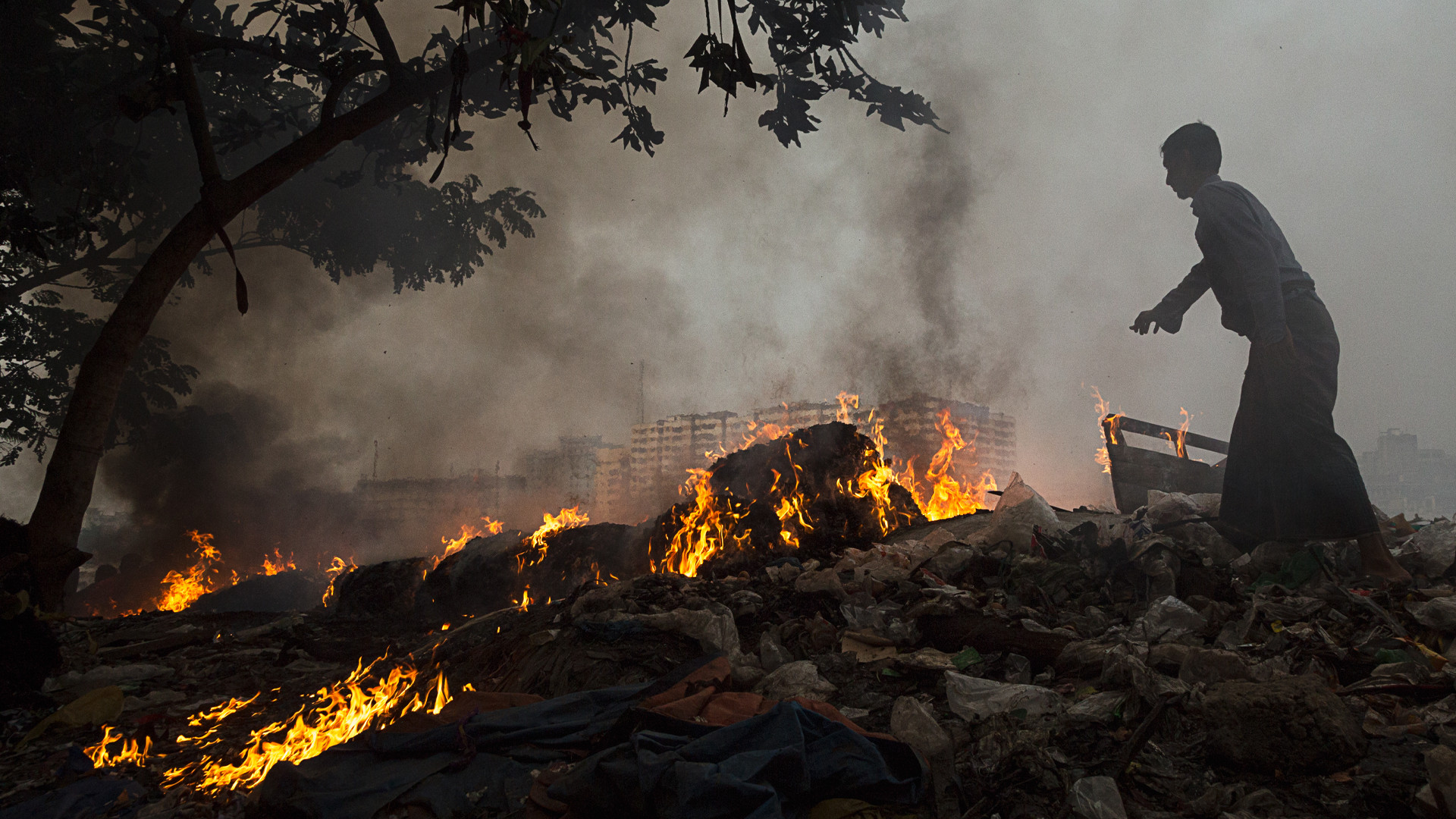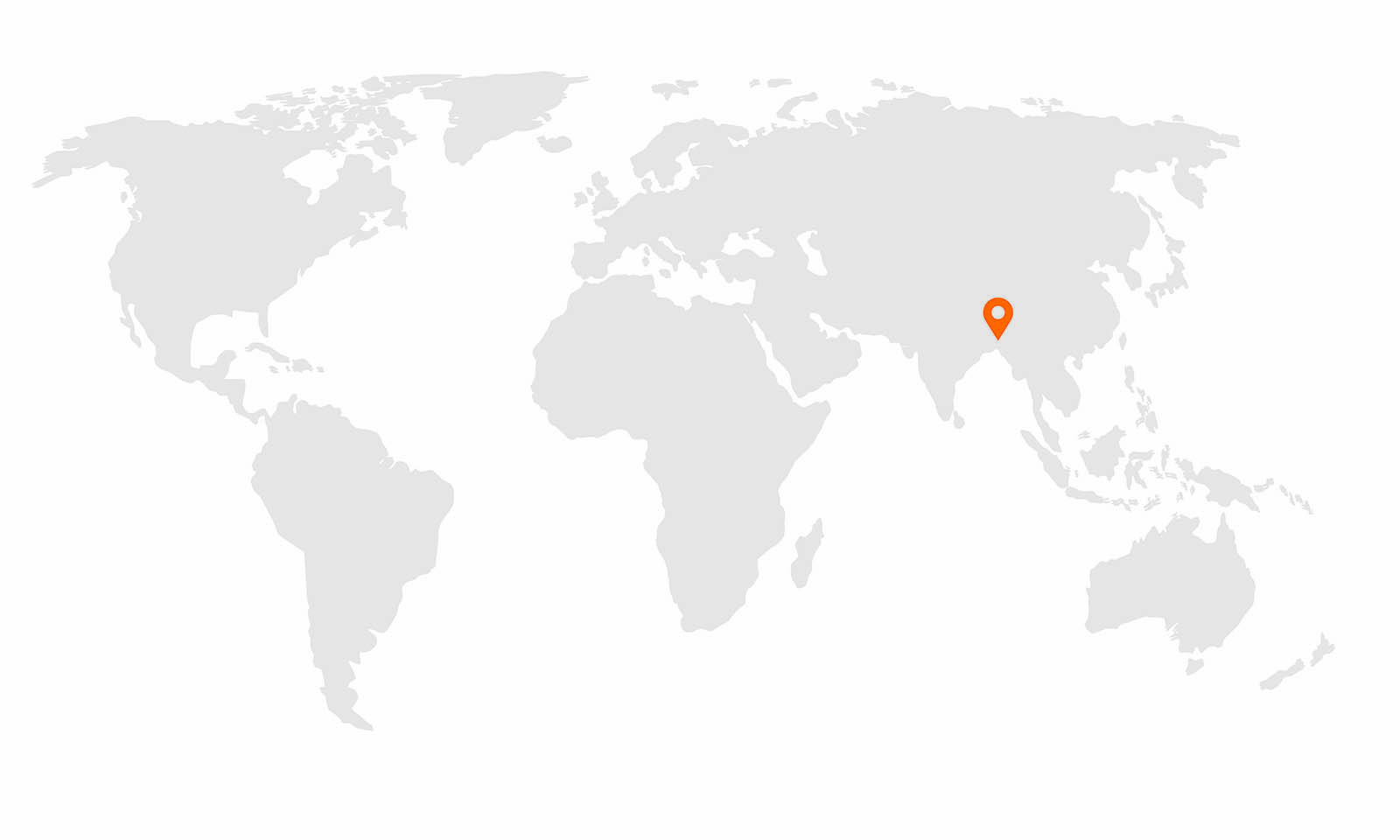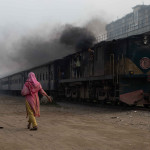What we do for Environment:
Platform Bangladesh is committed to addressing Bangladesh's most pressing environmental issues through action-oriented, community-based strategies. In tackling air pollution, the organization promotes clean alternatives to brick kilns, supports electric vehicles, and advocates for strict emission laws. It also monitors air quality and shares data publicly. For water pollution, Platform Bangladesh pushes for wastewater treatment, conducts river cleanup campaigns, and educates communities on pollution prevention. To combat noise pollution, it enforces noise control regulations, develops city noise maps, and helps establish noise-free zones. Recognizing the country’s climate vulnerability, the platform promotes resilient infrastructure, adaptive farming, and local climate education. It addresses flooding and waterlogging through sustainable urban planning, rainwater harvesting, and emergency support. On visual pollution, the organization organizes public campaigns to clean streets and manage waste effectively. Through robust advocacy, it influences environmental policies, engages youth, and fosters accountability. With a focus on critical issues like pollution, climate risk, and public health, the platform uses data-driven, inclusive methods to develop sustainable solutions. Internally, Platform Bangladesh builds a work culture based on transparency, equity, and innovation, ensuring all team members can actively contribute to its mission.
What We Do for Environmental Protection:
What We Do for Environmental Protection
What We Do for Environmental Protection – Platform Bangladesh
1. Air Pollution
Air pollution in Bangladesh has reached hazardous levels, particularly in urban centers like Dhaka, which frequently ranks among the most polluted cities globally. The main sources include vehicular emissions, industrial smokestacks, unregulated construction sites, burning of waste, and thousands of outdated brick kilns.
Impact:
- Chronic respiratory diseases such as asthma and bronchitis
- Increased risk of heart attacks, strokes, and lung cancer
- Impaired cognitive development in children
- Premature deaths and reduced life expectancy
- Poor visibility, dirty air, and deteriorating urban living standards
Action:
Platform Bangladesh works to combat air pollution by:
- Promoting cleaner alternatives to traditional brick kilns
- Supporting the transition to electric and hybrid vehicles
- Advocating for stricter enforcement of emission standards
- Partnering with schools and health institutions to raise public awareness
- Monitoring real-time air quality and publishing open-access data to empower citizens
2. Water Pollution
Rivers and groundwater sources across Bangladesh are heavily polluted due to untreated industrial waste, chemical runoff, and plastic dumping.
Impact:
- Unsafe drinking water for millions
- Waterborne diseases like diarrhea, cholera, and typhoid
- Dying aquatic life and declining fish stocks
- Loss of livelihoods for fishing and farming communities
Action:
We advocate for wastewater treatment enforcement, run river-cleanup initiatives, and educate communities on water safety and pollution prevention.
3. Noise Pollution
High noise levels in urban areas, driven by traffic, construction, loudspeakers, and industrial activity, have become a constant health hazard.
Impact:
- Hearing damage and tinnitus
- Stress, anxiety, and sleep disorders
- Learning difficulties in children
- Decreased productivity and mental well-being
Action:
Platform Bangladesh pushes for enforcement of noise control laws, develops city noise maps, and supports local efforts to establish noise-free zones.
4. Climate Change Vulnerability
Bangladesh is one of the most climate-vulnerable countries due to its low-lying geography and dense population.
Impact:
- Sea-level rise threatening coastal communities
- Erratic rainfall harming agriculture
- Increased salinity in freshwater sources
- Climate-induced migration and displacement
Action:
We promote climate-resilient infrastructure, adaptive farming techniques, and grassroots climate education programs.
5. Flooding and Waterlogging
Frequent floods and poor urban drainage systems contribute to widespread waterlogging during the rainy season.
Impact:
- Damage to homes, roads, and crops
- Spread of waterborne diseases
- Traffic congestion and stalled economic activity
- Displacement of urban and rural families
Action:
Platform Bangladesh supports flood-resilient urban planning, rainwater harvesting, and emergency relief programs.
6. Visual Pollution
Billboards, posters, garbage dumps, and construction debris contribute to growing visual pollution, especially in cities.
Impact:
- Visual clutter and environmental degradation
- Psychological discomfort and stress
- Decreased tourism appeal and property values
Action:
We run public campaigns for clean streets, green spaces, and improved waste management to enhance environmental aesthetics.
7. Advocacy
Platform Bangladesh is committed to systemic environmental reform through strong advocacy.
Impact:
We influence policy, promote public accountability, and empower communities to speak out against environmental harm.
Action:
Our advocacy efforts include engaging with lawmakers, publishing research, leading awareness campaigns, and mobilizing youth networks.
8. Issues in Focus
We focus on the most pressing environmental challenges that impact health, equity, and sustainability.
Current Priorities:
- Air and water pollution
- Urban environmental degradation
- Climate change and disaster risk
- Public health impacts from environmental neglect
Action:
We use a data-informed, community-driven model to address urgent threats and deliver sustainable solutions.
9. Work Environment
Platform Bangladesh fosters a collaborative, inclusive, and purpose-driven work environment.
Values:
- Transparency and teamwork
- Environmental integrity
- Gender equity and social inclusion
- Innovation and continuous learning
Action:
We provide safe, respectful, and growth-oriented spaces for all team members to contribute meaningfully to the mission.
Platform Done for Environment
Bangladesh, with its rapidly growing population and developing economy, is facing severe environmental challenges, particularly in the form of pollution. Urbanization, industrial growth, poor waste management, and vehicular emissions are contributing t
2024 activity for Environment
Our work ::
Promote Clean Energy
Transition to renewable energy sources such as solar, wind, and hydro to reduce reliance on fossil fuels.
Regulation and Enforcement
Implement stricter regulations on industrial emissions and vehicle standards to limit the release of pollutants.
Public Transportation and Cycling
Enhance public transportation systems and create bike lanes to reduce vehicle emissions and encourage sustainable commuting.
Waste Management Practices
Improve waste management by promoting recycling, composting, and safe disposal methods to reduce landfill use.
Public Awareness Campaigns
Educate the public about pollution sources and encourage behaviors that reduce pollution, such as using eco-friendly products.



